If you came to Gharb Suheil, you would probably remain as shocked as I was. You would probably wonder how people manage to survive in a town so seemingly paused in time. You would wonder why people instantly invite you to their homes, where there’s always more seats than their own. You would find yourself walking more slowly, eating more slowly, gazing more slowly. You would also stare at its colorful walls, dotted with fantasy drawings all along. And you’d suddenly find yourself pausing a conversation, just to listen to the sound of a bird. If you came to Gharb Suheil, you would fall in love with the Nile; as nowhere else does the mystic river have this charm.
It happened to me on my first visit. When Shokry invited us to his house, we couldn’t believe it. My friend had told him there was no water to shower at the camp where we were staying as part of a festival, and he had swiftly offered his home, revealing the endless kindness the Nubian culture is known for. The house, built at the top of a hill in Gharb Suheil, was separated in different levels, where his wife’s mother, her sisters, and their families live. Painted in Indigo blue and carefully decorated with the inscription of the word “Allah” at the back of the door, Shokry’s house was a fresh haven of peace and smiles in the scorching heat of Upper Egypt.
Shokry’s family came to meet us in a flurry of cheer and excitement, repeating ‘welcome, welcome’ as we entered the blue open-air room where his sister-in-law was baking bread. Shokry’s wife, Manawara, her cousin Sina, and her sister Halima were eager to show us the oven, to give us a taste of bread slices, and to walk us around their stunning Nubian house. They all stayed with us, except for her; the girl with the intriguing expression and the unpronounceable name.
Manawara headed to the kitchen to prepare some Nubian mint tea and came back with a tray full of colors. Her husband Shokry was eagerly showing us around the house which was, for the most part, an open-air fresh haven from the scorching heat outside. We were astounded by the cleanliness of every corner, despite being in the middle of a desert. “Nubians are not dirty as Egyptians are. That’s why they hire us to clean their houses,” he says, referring to the massive internal migration of Nubians in search for jobs in Cairo.
This is Shokry. You can tell his eyes are smiling even when his lips don’t. You can tell he is asking about your life with a sincere intention to know how you are. You can tell he is proud; not the pride of egotism, but that of those who cherish their culture and worship their land. He says Nubians are different than the rest of Egyptians, although he doesn’t explain why. The main reason, though, is a word loaded with facial expressions, hand gestures, and intonation: “Nuuuubi.”
It’s past midday and the streets of Gharb Suheil begin to buzz as the children get out of shool. At Shokry’s house, Sina’s daughter finds her mother waiting for her with freshly baked bread. I try to talk to the six-year-old girl, but my incipient broken Arabic and her timidness leave this smile, our only message to say.
I came once again, two months later, to visit Shokry and his family in Gharb Suheil. They had prepared a meal so abundant it would have been enough for an army. I spoke to Manawara, sat down with Sina, and met the rest of the family, as they enjoy the last days of mild heat before the scorching summer arrives. In this southern village, built between the desert and the Nile and located 20 minutes from Aswan, temperatures often surpass 45º Celsius, and it is impossible to stay outside.
Shokry’s job, cleaning the mosque located down by the river, is not enough to cater for the family, so he rents camels and offers tourists river-long rides, although ever since the Arab Spring swept off the masses of tourists that traditionally visited the legendary land, Shokry’s second job yet again went down. But this millenary culture, where private land doesn’t exist and where everybody knows their neighbour, hunger is never a problem. In every Nubian kitchen, there is a small window at the top, through which mothers exchange plates with their neighboring counterparts. “What did you cook today?,” Manawara will ask her friend. “You made meat, so here’s some rice”.
Photos by Valentina Primo.


![IMG_20160518_140007[1] Behind the Open Doors of a Nubian House](https://valentinaprimo.com/wp-content/uploads/2016/06/img_20160518_1400071-860x528.jpg)
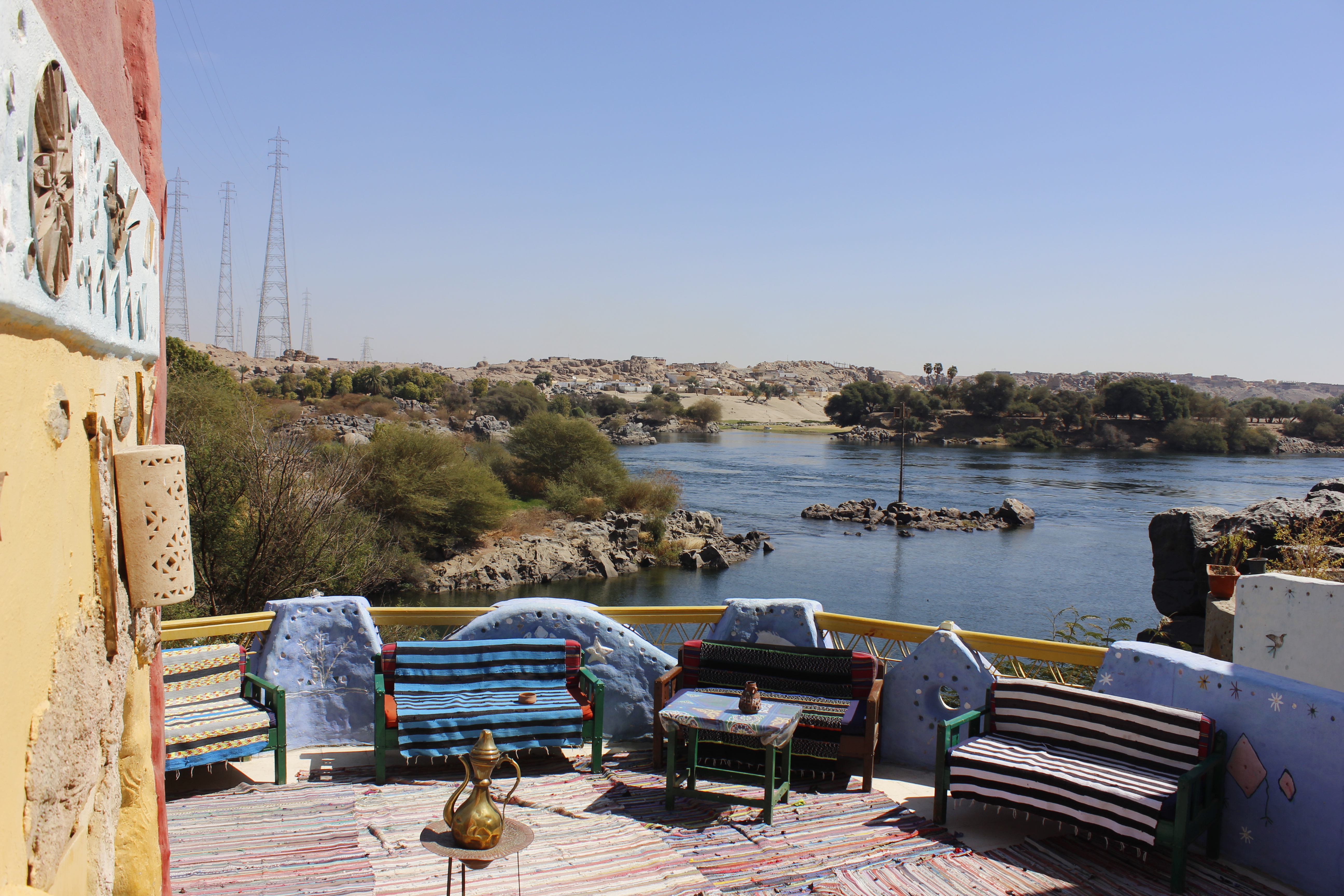
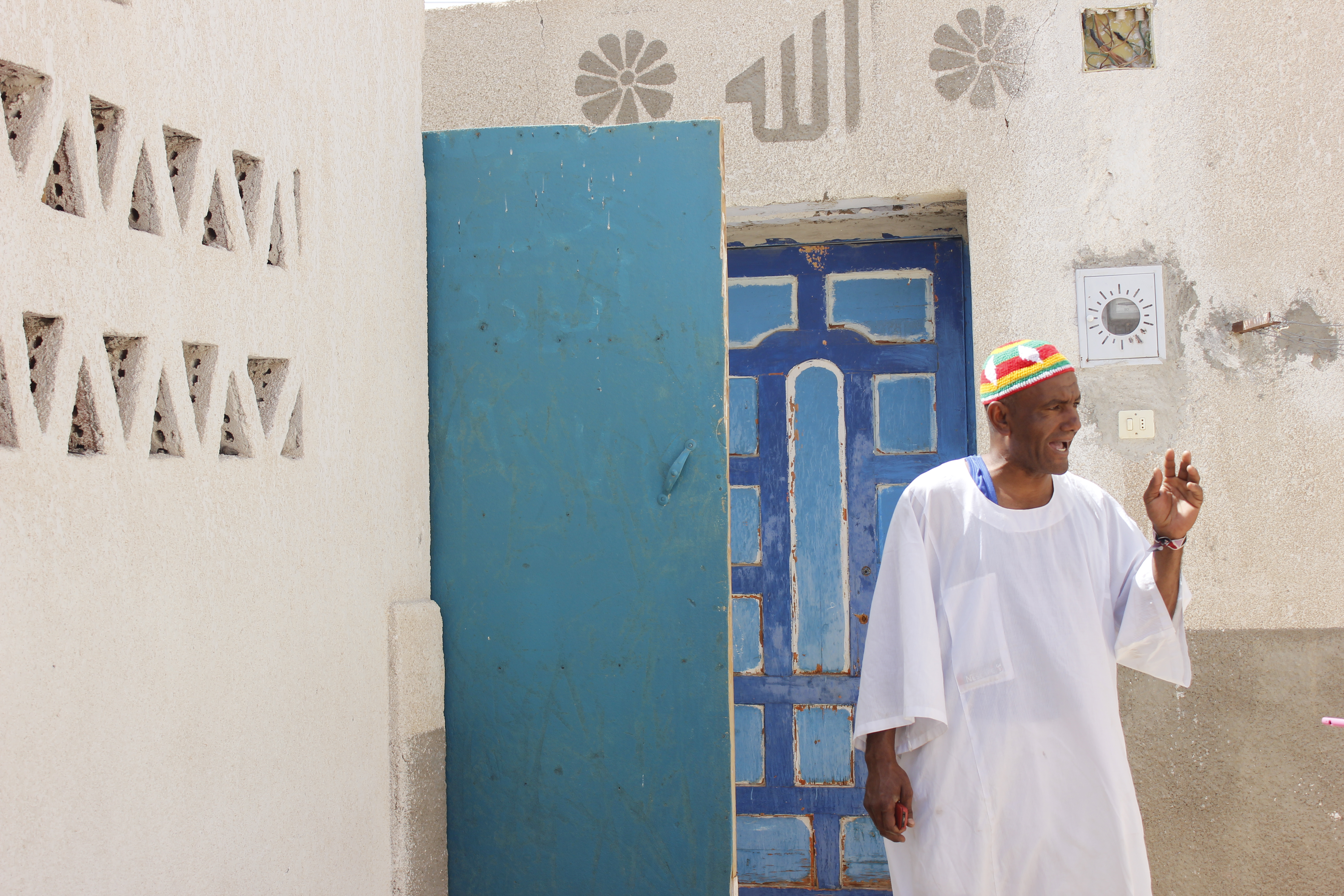
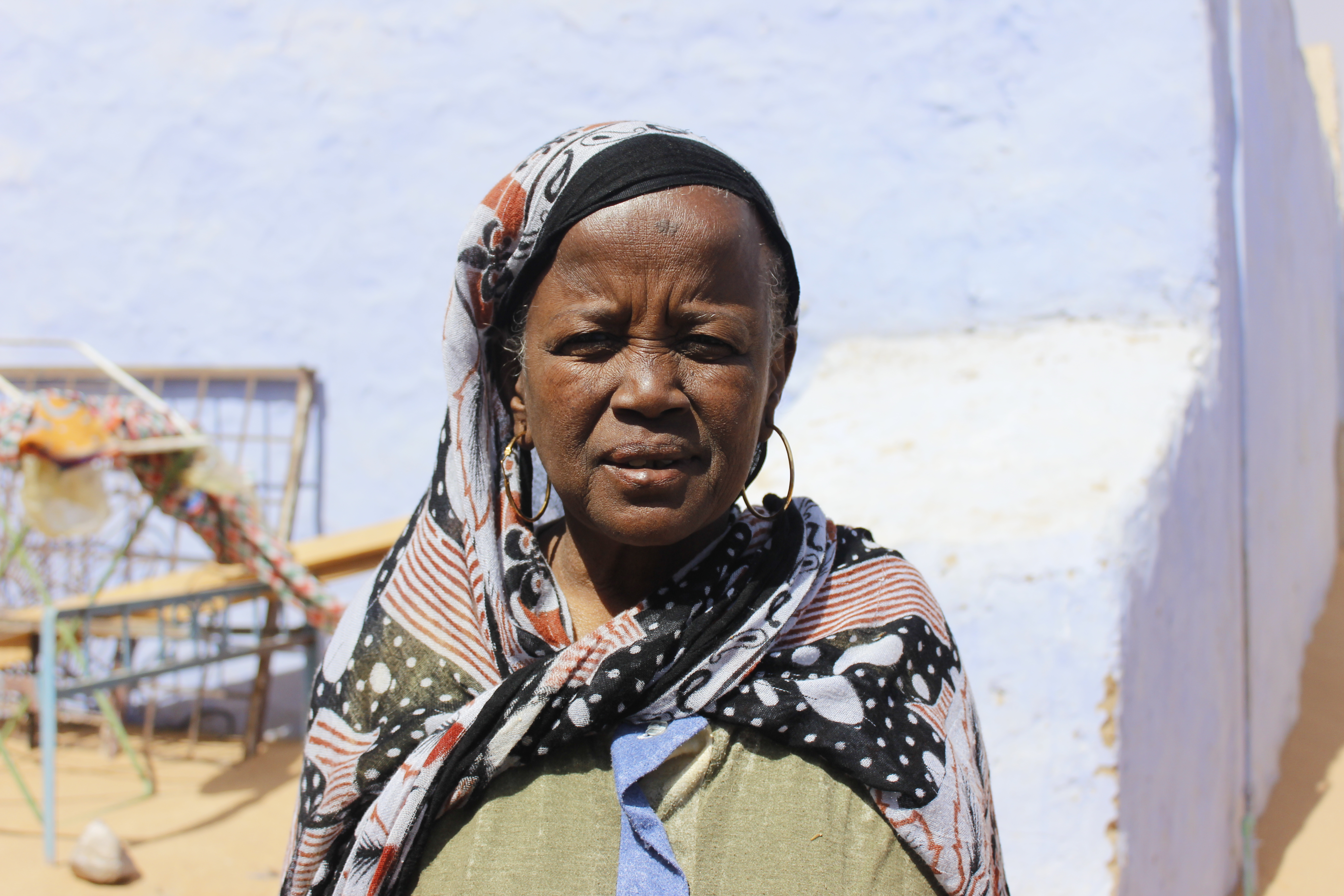
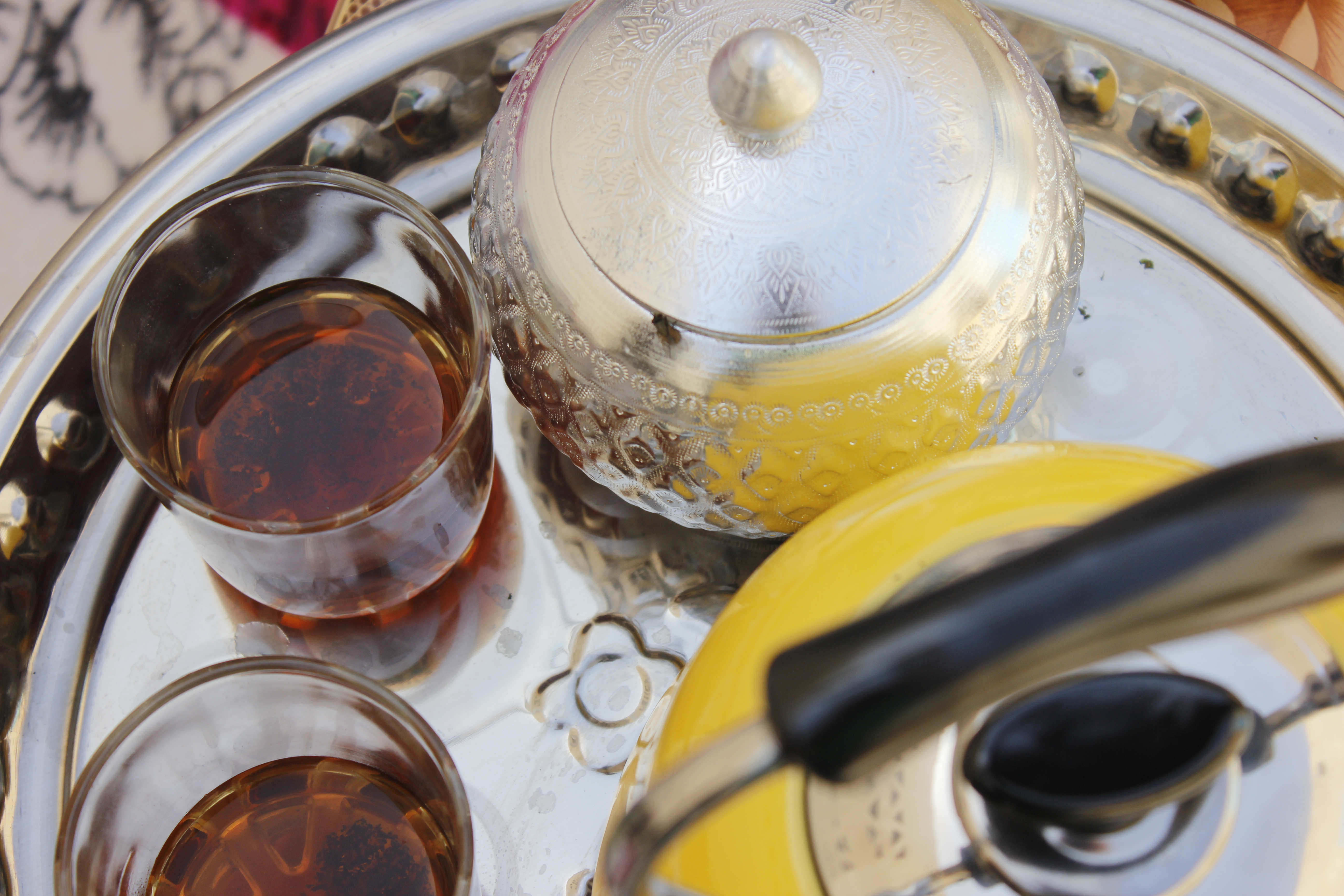
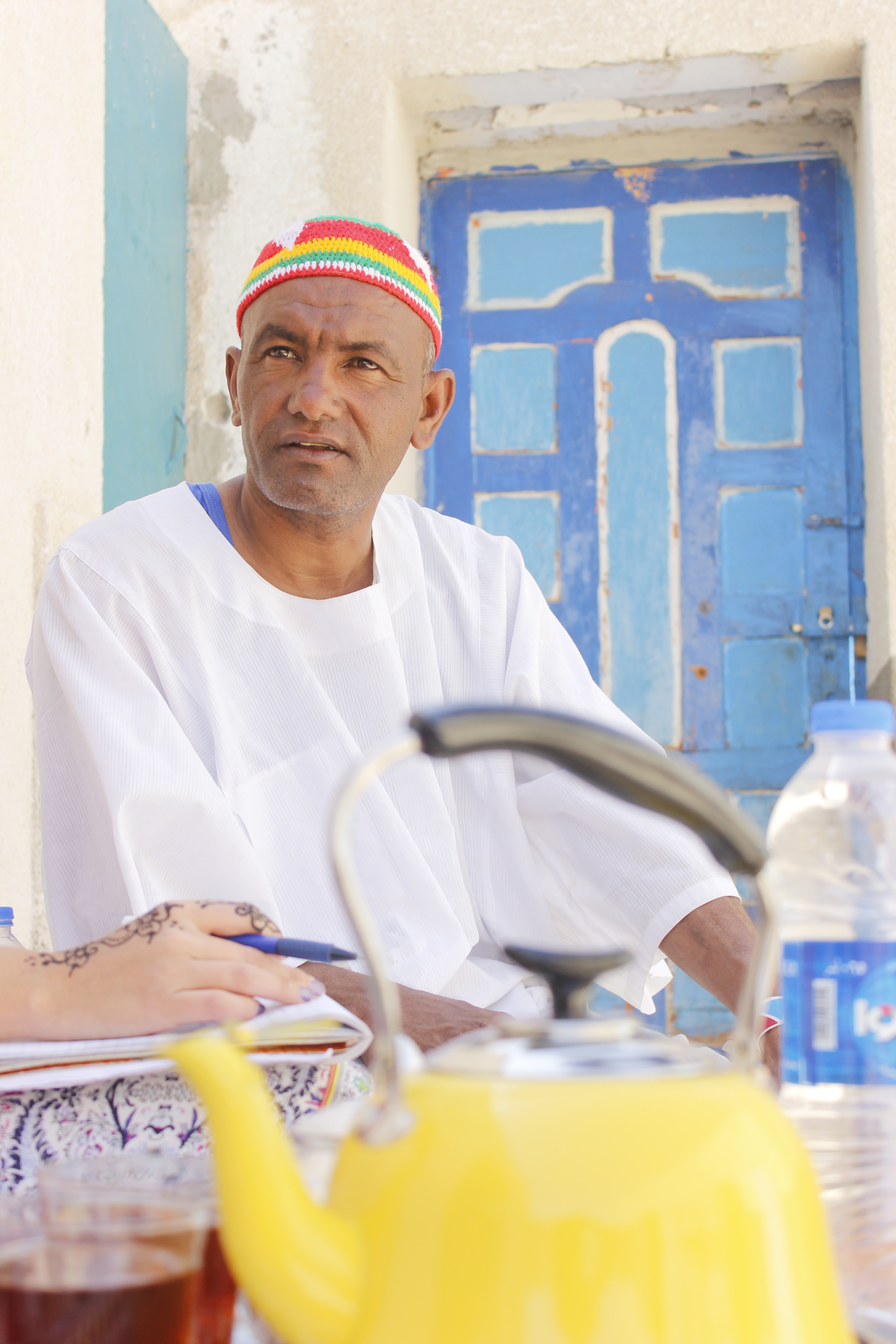
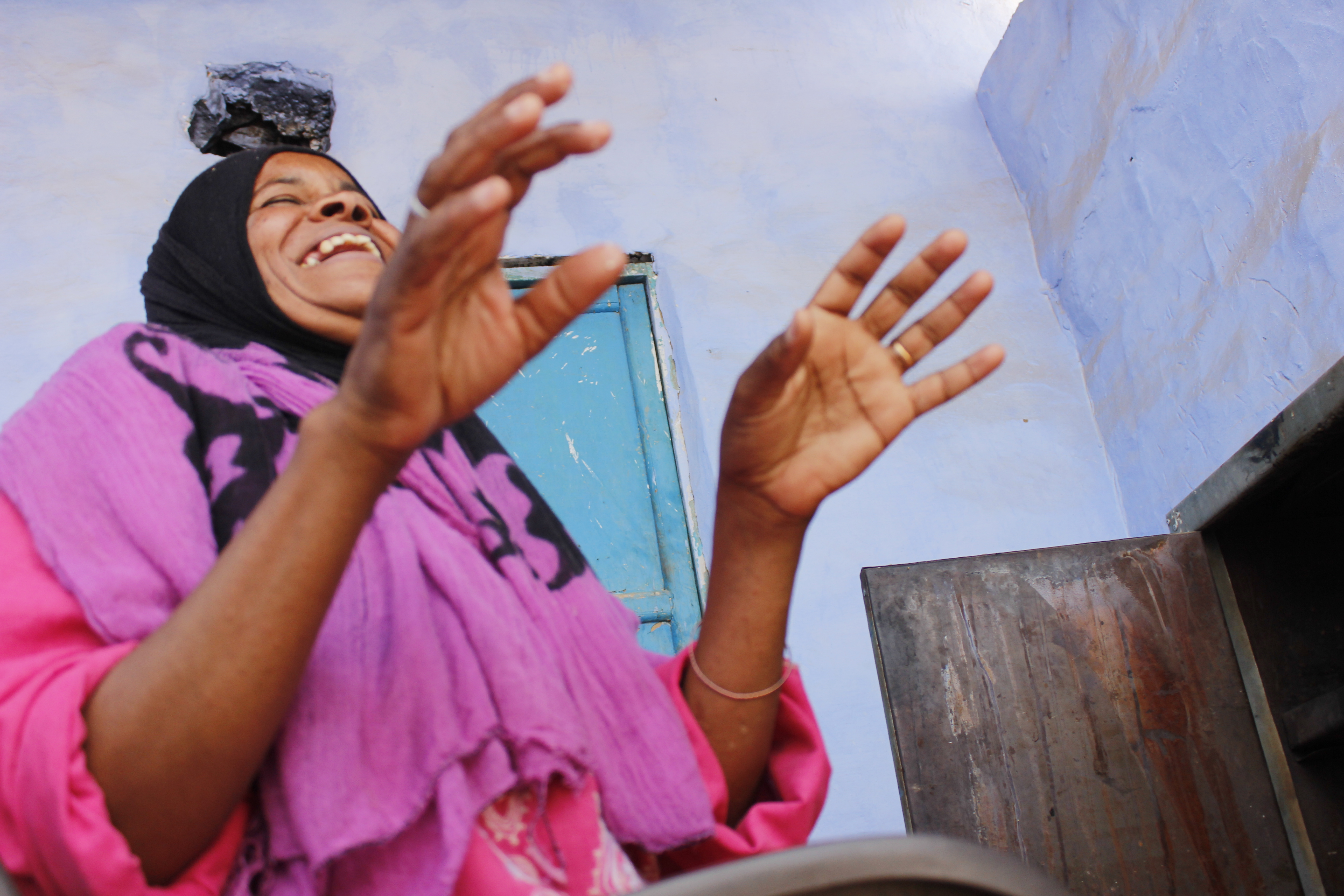

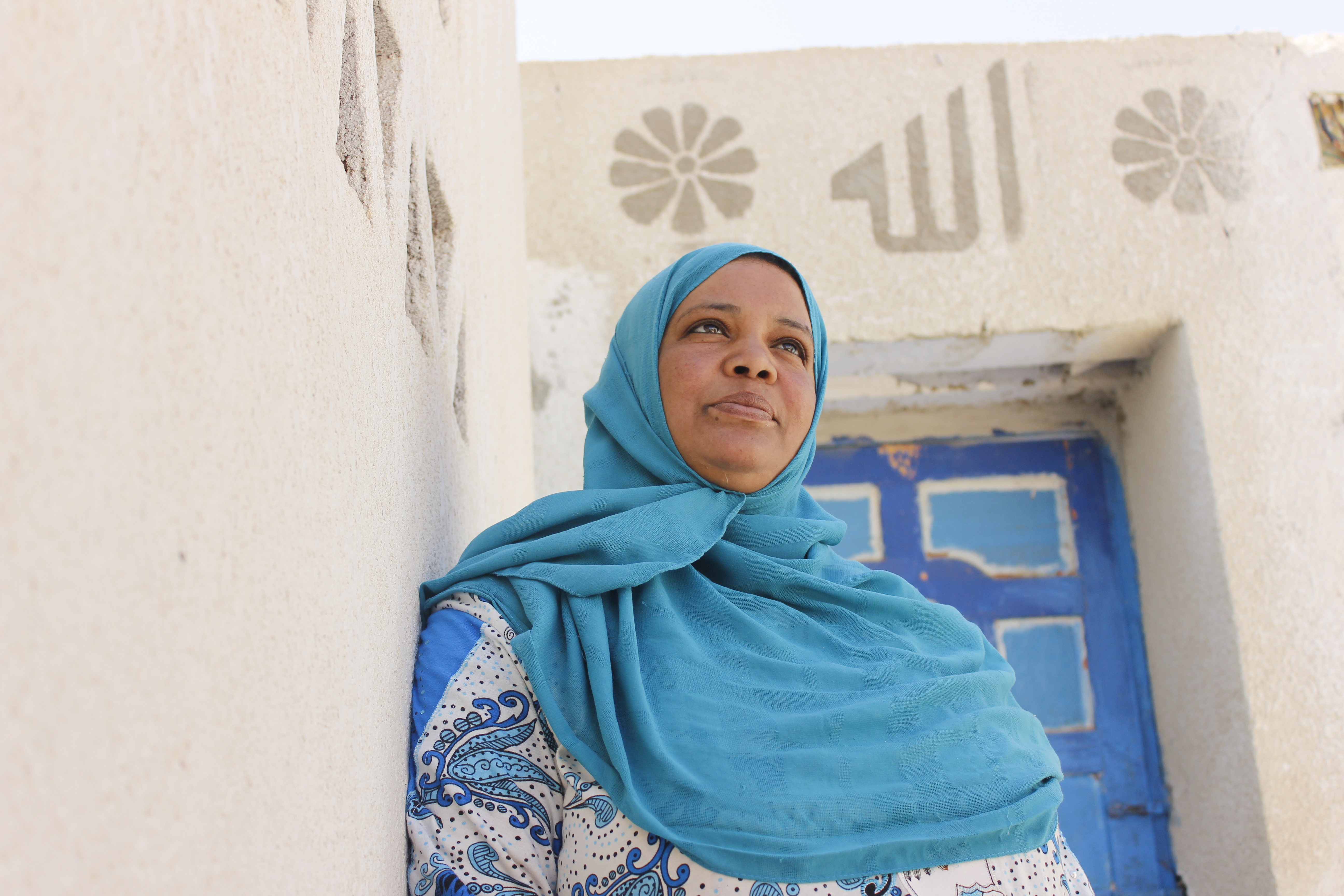
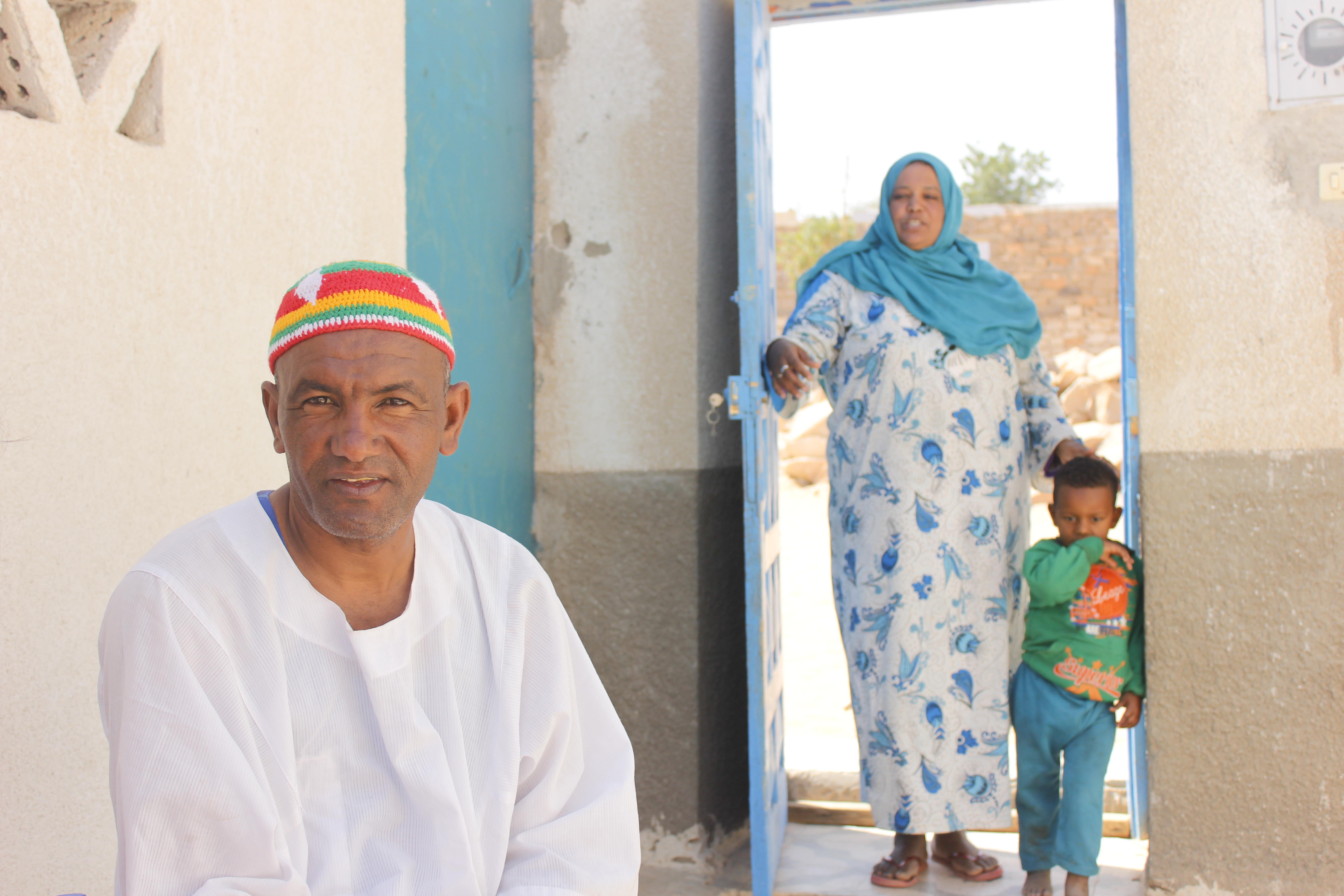
Leave a Reply